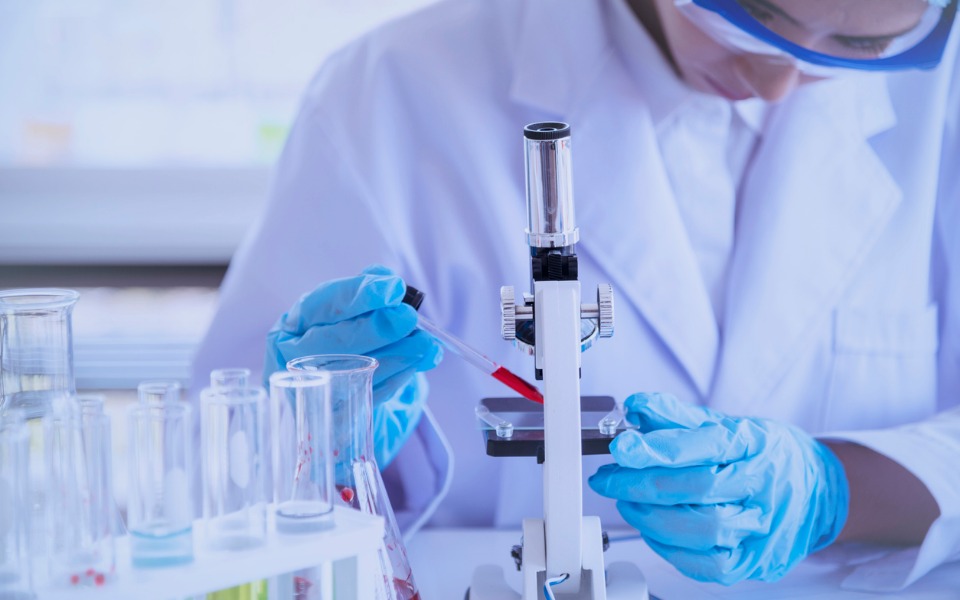
Time critical factor in plasma collection post COVID-19 recovery: Study
India has adopted plasma therapy for severely ill COVID-19 patients. While plasma therapy has not yet shown a benefit in randomised trials, some small retrospective studies suggest it may reduce illness severity and hospitalisation time.

India has adopted plasma therapy for severely ill COVID-19 patients. While plasma therapy has not yet shown a benefit in randomised trials, some small retrospective studies suggest it may reduce illness severity and hospitalisation time.
In a new study, researchers report that antibody levels in the blood of COVID-19 patients drop rapidly during the weeks after their bodies clear out the virus and symptoms subside.
If convalescent plasma is ultimately shown to have a clear benefit, the authors concluded, then it needs to be collected during a specific window of time after recovery. However, recovering patients cannot donate blood until at least 14 days after symptoms have subsided, to give the body time to clear viral particles.
“We do not want to transfuse the virus, just transfuse the antibodies,” said Andrés Finzi, Ph.D., University of Montreal, Canada. “But at the same time, our work shows that the capacity of the plasma to neutralise viral particles is going down during those first few weeks,” he said.
The spike protein of SARS-CoV-2 plays a crucial role in helping the virus grab and invade host cells. Antibodies produced by the body’s immune system bind to a part of this protein and block the capacity of this “key” to engage with the host’s cellular “lock”, said Finzi, adding that this prevents the viral particle from infecting a cell host.
Related news: Around 40% of recovered COVID-19 patients lost antibodies from body: Survey
In the new longitudinal study, Finzi and his colleagues analysed blood samples collected at one-month intervals from 31 individuals recovering from COVID-19. They measured levels of immunoglobulins that act against the coronavirus S protein and tested the ability of the antibodies to neutralise the virus.
Previous studies suggest that antibodies against the SARS-CoV-2 spike protein peak two or three weeks after the onset of symptoms. Findings from an earlier cross-sectional study by Finzi’s group, involving more than 100 patients, suggested that the ability of plasma to neutralise the virus decreased significantly between three and six weeks after symptom onset.
The researchers observed variation on the level of individual patients but identified a consistent overall signal: The levels of Immunoglobulins G, A, and M that target the binding site decreased between six and 10 weeks after symptoms began. During the same time period, the ability of the antibodies to neutralise the virus similarly fell.
Finzi’s group has continued to study blood samples from patients, understanding how the levels of antibodies change over time. “It is critical not only for optimising the use of convalescent plasma but also for understanding vaccine efficacy and whether or not previously infected people are at risk of re-infection,” said Finzi.
The research has been published in the mBio, an open-access journal of the American Society for Microbiology.
(With inputs from India Science Wire)


